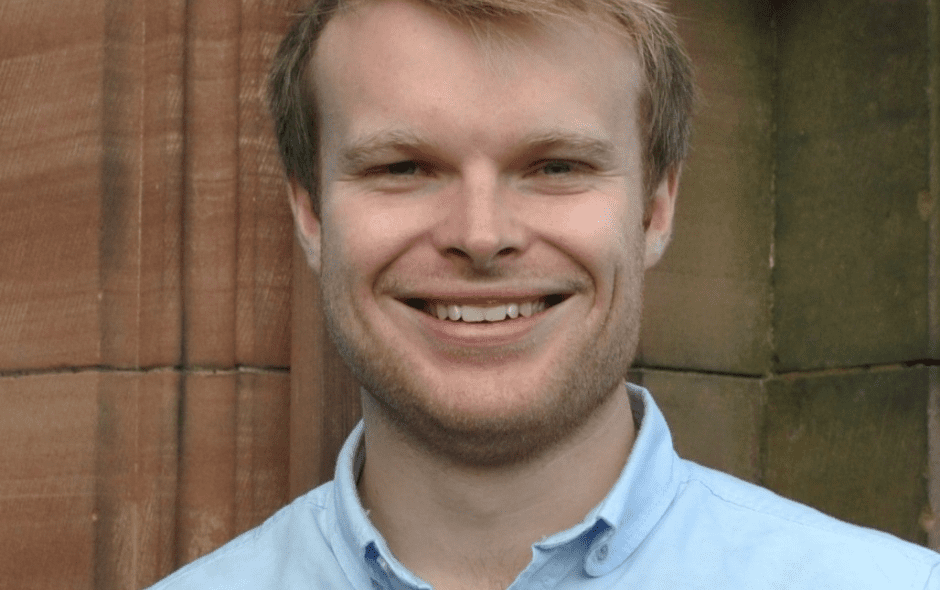Over the next few months, we will be helping you get to know our trustees. Today, Michael Shanks explains why he joined Epilepsy Scotland as a trustee and what the main responsibilities are.
Why did you join Epilepsy Scotland as a trustee?
Having completed Epilepsy Scotland training for many years, I knew of the important role the charity plays in supporting and working with people with epilepsy. Also, the sector-leading role in representing people with epilepsy.
I wanted to hopefully put some of my skills and experience to good use as the charity moves forward over the next few years.
What particularly interests you about Epilepsy Scotland?
The important role that Epilepsy Scotland plays supporting an often overlooked group of people who deserve high-quality support and services when they need it most.
I have led a small charity working with young people with epilepsy and am all too aware of the difficulty many people still face with stigma and lack of understanding.
What is your background in terms of skills and experience?
I am a secondary school teacher but came into that career later than most, having worked in politics and in the charitable sector for a decade.
Also, I have worked on projects relating to youth justice, education, mental health and poverty, and inequality.
I also lead a charity for young people with complex disabilities and have been a trustee of a number of other organisations.
What are the main responsibilities of being a trustee?
I think the most important role of a trustee is looking at the big picture and supporting the organisation to keep a focus on what it needs to do to achieve its vision whilst at the same time offering guidance and advice to staff to make the best possible decisions in a range of areas.
Effective scrutiny of decision-making is a strength and can often result in better outcomes for all.
What are the advantages of having a trustee board made up of people from all sorts of backgrounds with different skills and experience?
A diverse board of trustees is essential so that we can look at challenges and opportunities from as wide a range of perspectives as possible.
It’s important that experience is in the broadest sense – not just professional background but life experiences which inform who we are and what we bring to the table – including trustees with direct experience of epilepsy.
What do you hope to bring to Epilepsy Scotland?
Hopefully, I can bring experience from past jobs and voluntary roles and a fresh pair of eyes to existing issues.
I also hope to bring my education sector experience to Epilepsy Scotland as we look to expand our school outreach offer.
Although being on a board is about meetings and papers, it is also about rolling our sleeves up and helping out the organisation in whatever way we can – so I’m looking forward to that too!




